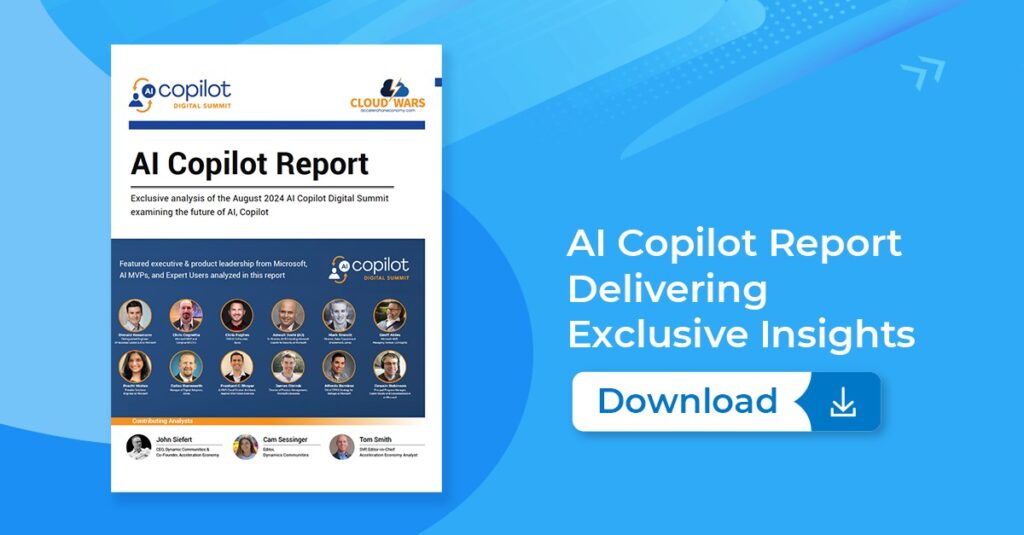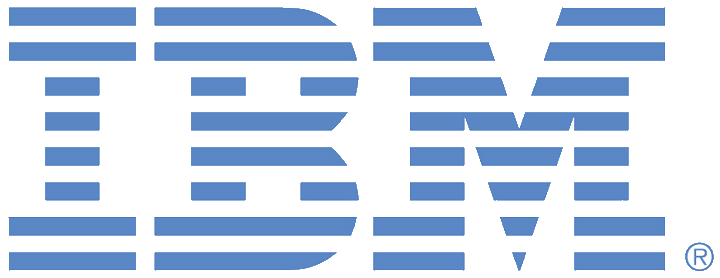
We recently covered the UK government’s $10.5 billion deal with AWS that’s expected to generate more than 14,000 new jobs and add $18.5 billion to the country’s GDP. Now, two more mainstays in the Cloud Wars Top 10 — IBM and Oracle — have been selected by the UK government to further boost its digital transformation efforts.
ERP Upgrade and Digital Transformation
IBM and Oracle have secured a deal worth $950 million to upgrade ERP systems and provide systems integration capabilities for four prominent UK central government departments: the Department for Work and Pensions (DWP), the Ministry of Justice (MoJ), the Department for the Environment, Food and Rural Affairs (Defra), and the Home Office.
The aim is to unite the disparate ERP and HR systems used by the various departments that collectively support close to 280,000 employees. This latest initiative is part of the UK government’s ongoing Synergy Programme.
“The prime driver of the Synergy Programme is to drive significant business transformation across four cluster Departments and their Arm’s Length Bodies (ALBs),” the DWP says in a recent contract notice.
“The Synergy Programme together with the successful suppliers will further develop a new Common Operating Model (COM) and introduce a new user-centric service including common data standards.”
Building on Past Success
While this collective win is an important deal for Oracle and IBM, it isn’t the first time the two companies have successfully engaged with the UK government. Notably, Oracle worked with Shared Services Connected Limited (SSCL), a joint governmental and private IT venture, to migrate over 220,000 UK government users from the on-premises Oracle E-Business Suite, and other connnected applications to Oracle Cloud Infrastructure (OCI).
“Oracle Cloud offered increased security compared to our existing infrastructure,” said Steve Holborow, deputy director, architecture and information assurance, government shared services, UK Cabinet Office. “Oracle builds security into the architecture from the bottom up, which reduces concerns of persistent threats and helps protect our workloads.”
Regarding IBM, the company has previously worked directly with the DWP to accelerate its IT and cloud transformation. The project took place over two distinct phases. The first involved creating a hybrid cloud architecture that would enable the DWP to cease reliance on third parties while the second focussed on reengineering IT management processes. As a result, the DWS saved 1 million user-hours thanks to a 73% monthly reduction in major incidents. The department also migrated over 60 critical apps to its private cloud and more than 1,500 servers.
Closing Thoughts
With their respective track records working with the UK government, Oracle and IBM were well-positioned to win this lucrative contract. However, as well as demonstrating the prowess of their technologies, this latest announcement demonstrates the pressing need governments worldwide have to modernize.
It may seem unbelievable that governmental departments are still disconnected and not committed to full cloud migration, especially when considering the uptake of cloud technologies in the commercial sector, from the largest enterprises to mom-and-pop endeavors.
However, this is the reality. Companies in the Cloud Wars Top 10 are primed not only to benefit from the massive contracts that continue to flow in but also from the opportunity to utilize transformational techniques to benefit global societies.











